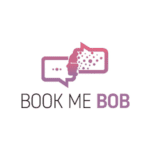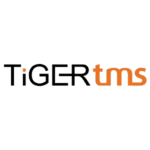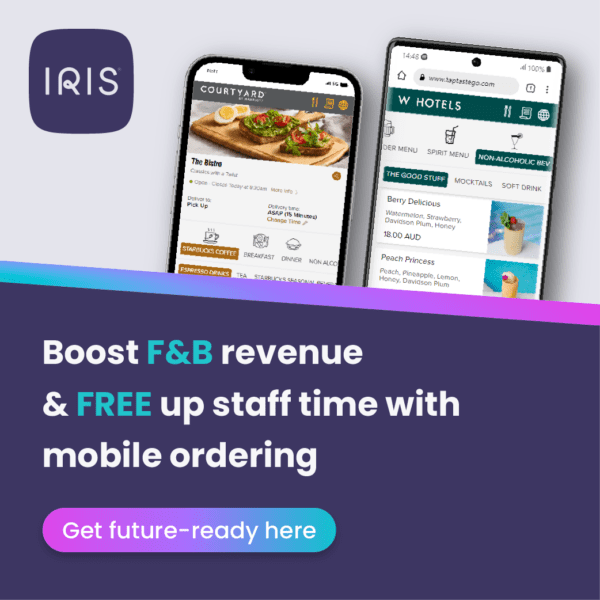 We have now entered what some experts refer to as the post-post-pandemic era in travel. That is, a big part of the past couple of months was engrained in the so-called revenge travel, where we are all so eager to fly again, take a train, cruise or drive away to any destination outside the realm of staycations – which is the only thing we could do for almost two years!
We have now entered what some experts refer to as the post-post-pandemic era in travel. That is, a big part of the past couple of months was engrained in the so-called revenge travel, where we are all so eager to fly again, take a train, cruise or drive away to any destination outside the realm of staycations – which is the only thing we could do for almost two years!
During this post-pandemic period, almost nothing could keep travelers from going on their mission. Not even numerous flight cancellations, lost luggage, endless passport issues (specially here in Canada), an ongoing war in Ukraine or a looming recession. And to be honest, not much marketing was required by travel brands, with so much pent-up demand.
As the year ends and we start looking into future projections for what’s to come in 2023 and beyond, the outlook is a mixed bag. But for people, like me, who work in the digital marketing realm, it can certainly be overwhelming to see all the changes happening. And it is particularly true for small and medium organizations who often don’t have the resources and know-how to keep up with these changes.
Here are 5 things that seem to keep many travel and hospitality marketers awake at night.
Facebook changing consistently, with declining results
This one is unanimous. Facebook keeps changing all the time, but there often doesn’t seem to be any logic behind it. More importantly, there is nobody you can talk to whenever there is a problem. Say, for example, if your ad account gets blocked. Or your account gets hacked. Or you can’t access your Page anymore because of the double authorization factor.
This list could go on and on. Sure, some people are fortunate enough to deal with Facebook assistance if you know where to look (in Business Manager, there is a tab that leads to chatting with a Facebook representative – but not everybody has this feature available).
We were told to move over to Creator Studio, then Meta Business Suite, then back again to Business Manager. Features come and go, like the possibility to post in many languages simultaneously. How about statistics? We used to be able to extract loads of data on page and post performances, but this is no longer the case with the new Page configuration. Ugh!
And I am not even going to talk about declining audience reach and engagement, as users are flocking away from this social media. Yes, it remains number one, worldwide. But for how long?

Instagram trying to be TikTok, while it ain’t
Adam Mosseri, CEO of Instagram, announced last summer that the platform would slowly move away from photos only and towards video mostly. That the algorithm would suggest content from users you don’t necessarily follow but whose content might interest you. And that content would take up the whole screen. Sounds similar to TikTok, you say? That’s EXACTLY what they were trying to do, but it backfired brutally against them.
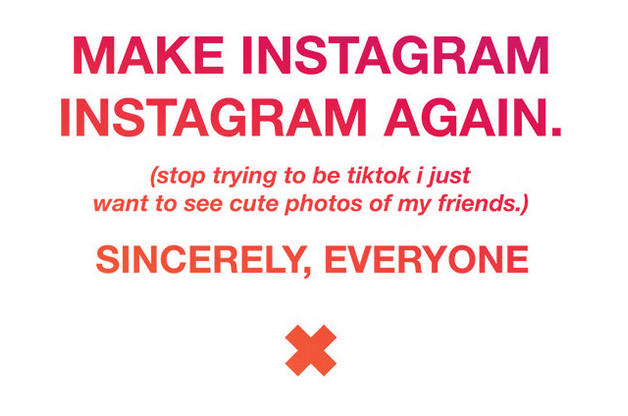
The whole-screen-thing format did not stick, but we are still seeing more and more content from people we don’t necessarily follow. Which, for travel marketers, may represent an opportunity to have their content put out in front of more users than in the past. Assuming you are banking on popular formats such as reels and stories, to mention only these two.
Stories can now take up to 60 seconds in duration, and reels have their own tab on the main Page account, which now includes videos already published in the past. Since TikTok Now has recently copied the success or emerging platform BeReal, how low do you think it will be before Instagram launches its own version?
Disappearing cookies and remarketing options
A third danger looming in the horizon is a less tangible issue for many. For small businesses, capturing data has not always been a priority even though it ought to be. Having customer names and email address is a basic requirement in order to engage into any kind of retention and loyalty tactics. But this will become even more key as we enter a cookie less world.

Back in 2021, Apple announced it would no longer be tracking through cookies on its Safari platform and iOS operating system. Google was supposed to follow suit on Chrome, but this was pushed back to 2023, and now 2024. Nevertheless, the change is happening. What’s at stake here?
For small and medium travel brands, the biggest impact will be in having fewer retargeting options when it comes to digital marketing. Whether it is through Google Ads campaigns or Meta Ads (Facebook and Instagram), we are already seeing a decline in the quality of audience targeting.
For SME, this is yet a reminder of the importance of building your own first-party data rather than always depending on third-party. Easier said than done, I hear you.
The ever-powerful role of OTAs in the distribution system
Speaking of third-party, how are things going in your relationship with Expedia, Booking and other online travel agencies or bedbanks? There was a spike in direct reservations observed during the peak of the pandemic, but data now shows that large OTAs are gaining back all the lost ground.

There are various reasons behind this phenomenon, but here are the most salient ones. First, it’s about traveler behavior and sought-after destinations. It was easy to go direct in 2020 and 2021 when all you could do is travel 100km away from home. You’d just call the hotel, inn, or restaurant to secure your spot. But now that international travel is roaring back, folks like to shop and book on trusted platforms such as Booking.com and Expedia.
Secondly, it’s a marketing game. Or rather, it’s an advertising game – OTAs spend billions of dollars on adwords campaigns, making them omniscient across the digital realm.
Last but not least, it’s about loyalty programs. Whether you are the Genius level kind on Booking.com or seeking higher status with points on Expedia, both giants have upped their game in the past year alone. For travelers, there are real advantages in sticking with one platform rather than booking direct.
HR marketing to the resucue, by only to some extent
One last thing keeping many folks awake in our industry is the harsh reality of shortage of labour. Thing is, this problem is not structural and won’t be going away anytime soon – not before 2035 or 2036, according to HR specialists across various industries.
Read also: 3 marketing tips for your employer branding
But what can travel marketers do when this many seem like a human resources issue? Well, at minimum, we can contribute to ensuring there is a proper employer branding in place. And convey the employer value proposition through digital outposts like we tend to do for consumers: newsletters, social media posts, blog articles, etc.
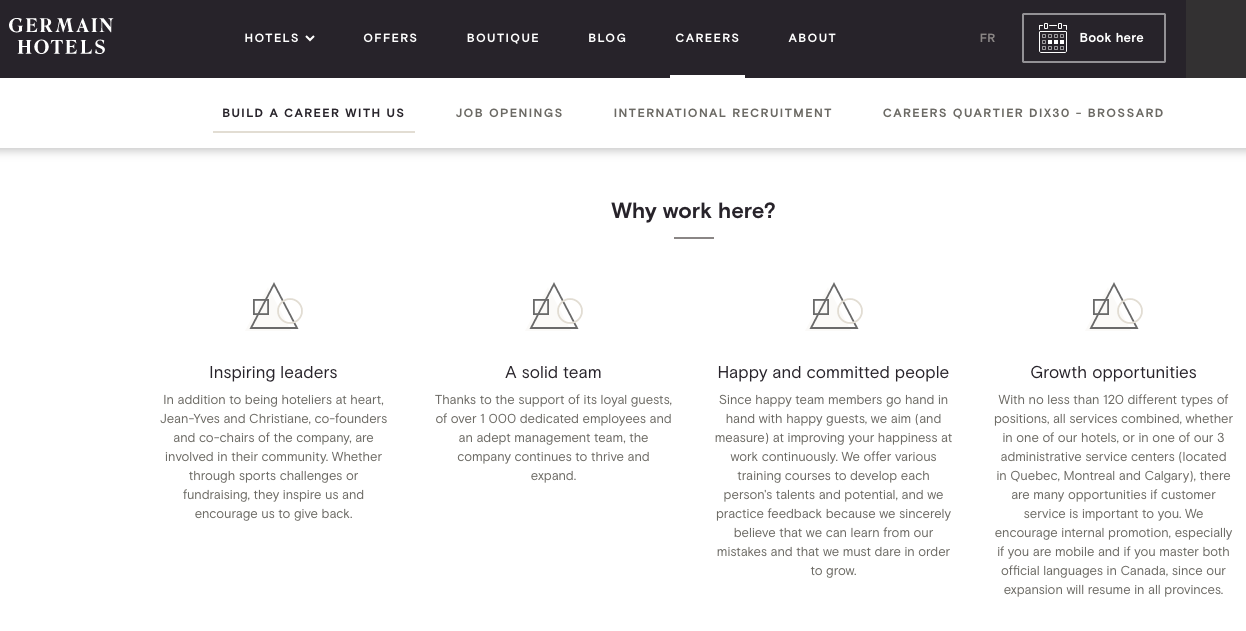
Of course, this can help to some degree but won’t solve the deeper issues at hand. It remains however a key component for travel brands seeking to retain and attract the required workforce.









